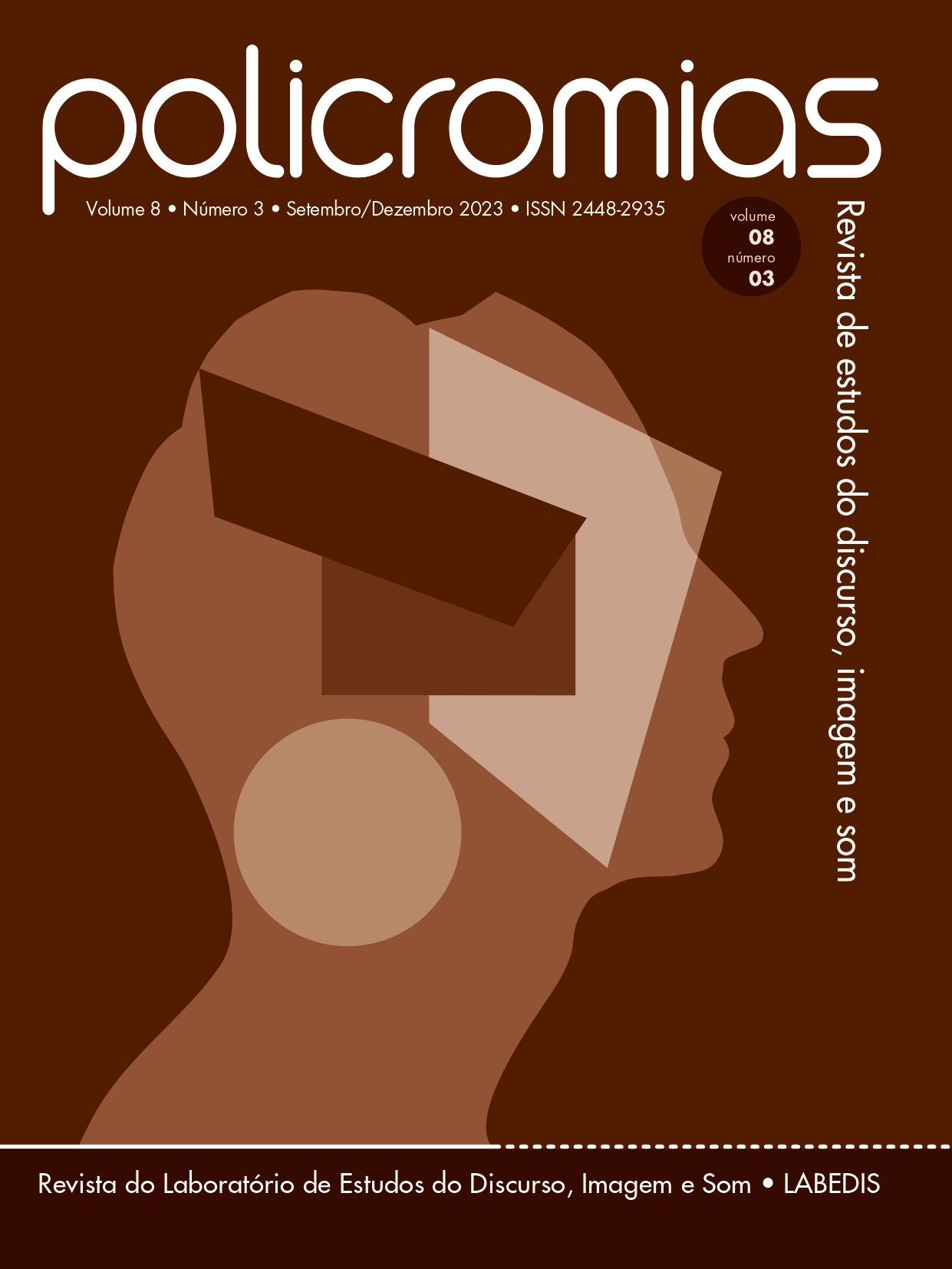VIDEO GAMES AND VIOLENCE: AN OLD (BUT PERSISTENT) DEBATE
DOI:
https://doi.org/10.61358/policromias.2023.v8n3.60858Keywords:
Jogos eletrônicos, Violência, Agressividade, Pânico moralAbstract
The association between electronic games and violence follows the development of the games
industry since its birth, intensifying from the 1990s and the beginning of the 2000s, when
games became more realistic. This debate was influenced by a tradition of moral panic,
which for over a hundred years has been based on accusing artistic works of promoting
immoral and criminal behavior in society. In the light of this debate, this article’s main
objective is to develop a social reflection on the supposed relationship between videogames
and the increase in violence. Corroborating more recent and balanced research, the argument is defended that human behavior is influenced by a wide range of factors of a complex
nature, so that a direct causal relationship between electronic games and the increase in
violence cannot be established.
References
ALVES, Lynn. Jogos Eletrônicos e Violência: um caleidoscópio de imagens. Revista da FAEEBA, Salvador, v. 13, n. 22, 2017.
ANDERSON, Craig; DILL, Karen. Video Games and Aggressive Thoughts, Feelings, and Behavior in the Laboratory and in Life. Journal of Personality and Social Psychology, v. 78, n. 4, p. 772-90, 2000.
DILL, Karen; DILL, Jody. Video game violence: A review of the empirical literature. Aggression and Violent Behavior, v. 3, n. 4, p. 407-28, 1998.
DURKHEIM, Émile. As regras do método sociológico. 9 ed. Barcarena: Editorial Presença, 2004.
ERON, Leonard et al. Does television violence cause agression? American Psicologist, v. 27, p. 253-263, 1972.
GOMIDE, Paula Inez Cunha. A influência de filmes violentos em comportamento agressivo de crianças e adolescentes. Psicologia: Reflexão e Crítica, v. 13, n. 1, 2000.
GRANIC, Isabela; LOBEL, Adam; ENGELS, Rutger. The Benefits of Playing Video Games. American Psychologist, 2014. Disponível em: https://www.apa.org/pubs/journals/releases/amp-a0034857.pdf.
HAJDU, David. The ten-cent plague: the great comic-book scare and how it changed America. New York: Picador, 2009.
HARRIS, Blake. Content Rated By: An Oral History of the ESRB excerpt - “Doom to the Power of Ten”. Disponível em: https://venturebeat.com/games/content-rated-by-an-oral-history-of-the-esrb-excerpt-doom-to-the-power-of-ten/. Acesso em: 3 jun. 2023.
HEUSMANN, Rowell. Psychological processes promoting the relation between exposure to media violence and aggressive behavior by the viewer. Journal of Social Issues, v. 42, n. 3, p. 125-39.
IGARTUA, Juan-José. Identification with characters and narrative persuasion through fictional feature films. Communications, v. 35, n. 4, 2010. Disponível em: https://www.degruyter.com/document/doi/10.1515/comm.2010.019/html. Acesso em: 2 jun. 2023.
LEFF, Leonard; SIMMONS, Jerold. The Dame in the kimono: Hollywood, censorship, and the production code. Lexingto: University Press of Kentucky, Cop, 2001.
LEWIS, Kurt. Teoria de Campo em Ciência Social. São Paulo: Livraria Pioneira Editôra, 1965.
LEWIS, Kurt. Princípios de Psicologia Topológica. São Paulo: Editora da USP, 1973.
MCGONIGAL, Jane. A realidade em jogo. Rio de Janeiro: BestSeller, 2012.
WERTHAM, Fredric. Seduction of the Innocent. Toronto/Nova Iorque: Rinehart, 1954.
Downloads
Published
Issue
Section
License
Copyright (c) 2023 Policromias - Revista de Estudos do Discurso, Imagem e Som

This work is licensed under a Creative Commons Attribution 4.0 International License.
Os(as) autores(as) dos trabalhos aprovados concordam em ceder à Policromias os direitos não exclusivos de publicação, permanecendo livres para disponibilizar seus textos em outros meios desde que mencionada a publicação da primeira versão na revista. Autorizam, ainda, a revista a ceder seu conteúdo para reprodução em indexadores, repositórios e similares. É vedada a tradução para outro idioma sem a autorização escrita do Editor, ouvida a Comissão Editorial. A responsabilidade do conteúdo dos artigos é exclusiva dos autores.
